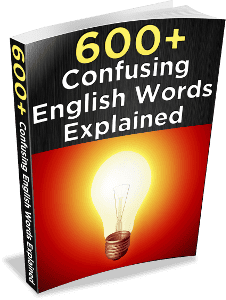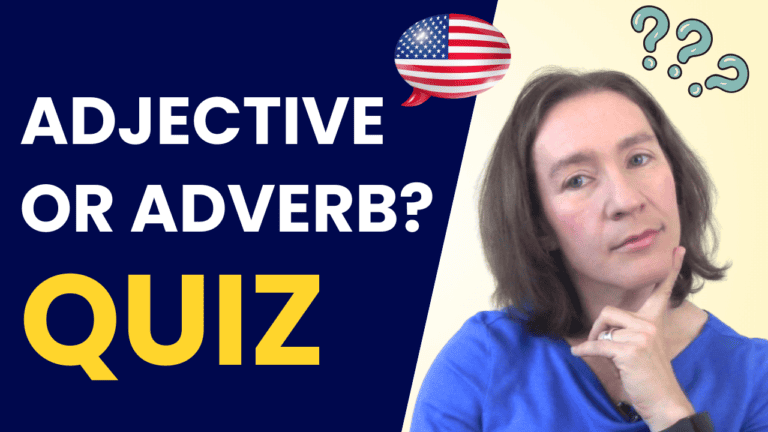
 This is a free sample from the e-book 600+ Confusing English Words Explained. It will help clear up your doubts about how to use English words correctly, so that you can speak and write more confidently. Click here for more information!
This is a free sample from the e-book 600+ Confusing English Words Explained. It will help clear up your doubts about how to use English words correctly, so that you can speak and write more confidently. Click here for more information!In the present:
“Can” and “able to” are the same in the present tense:
Yes, I can take on this project.
Yes, I‘m able to take on this project.
The negative forms are can’t and am not / is not / are not able to.
In the past:
We use “could/couldn’t” or “was/wasn’t able to.”
In general, both are used in the negative form:
I wasn’t able to finish all my homework yesterday.
I couldn’t finish all my homework yesterday.
But in the positive form, “was able to” is more common than “could”:
I was able to leave work a little early yesterday.
Don’t say didn’t can in the past – it doesn’t exist, and it’s a common error in English!
In the future:
In the future, there is only one form: “will be able to”:
I have some free time tomorrow, so I‘ll be able to work on this project.
Sorry, I won’t be able to go to the party on Thursday. I have school the next day.
Don’t say “will can” or “won’t can” – it’s another common error in English!
When asking someone to do something:
When you are asking someone to do something, use “could” (more formal) or “can” (more informal):
Could you bring me a glass of water, please?
Can you bring me a glass of water, please?
When asking about someone’s abilities:
In this case, you can use either CAN or ABLE TO:
Can you run a mile in less than 10 minutes?
Are you able to run a mile in less than 10 minutes?
Can is probably more common in spoken English, simply because it’s shorter.









